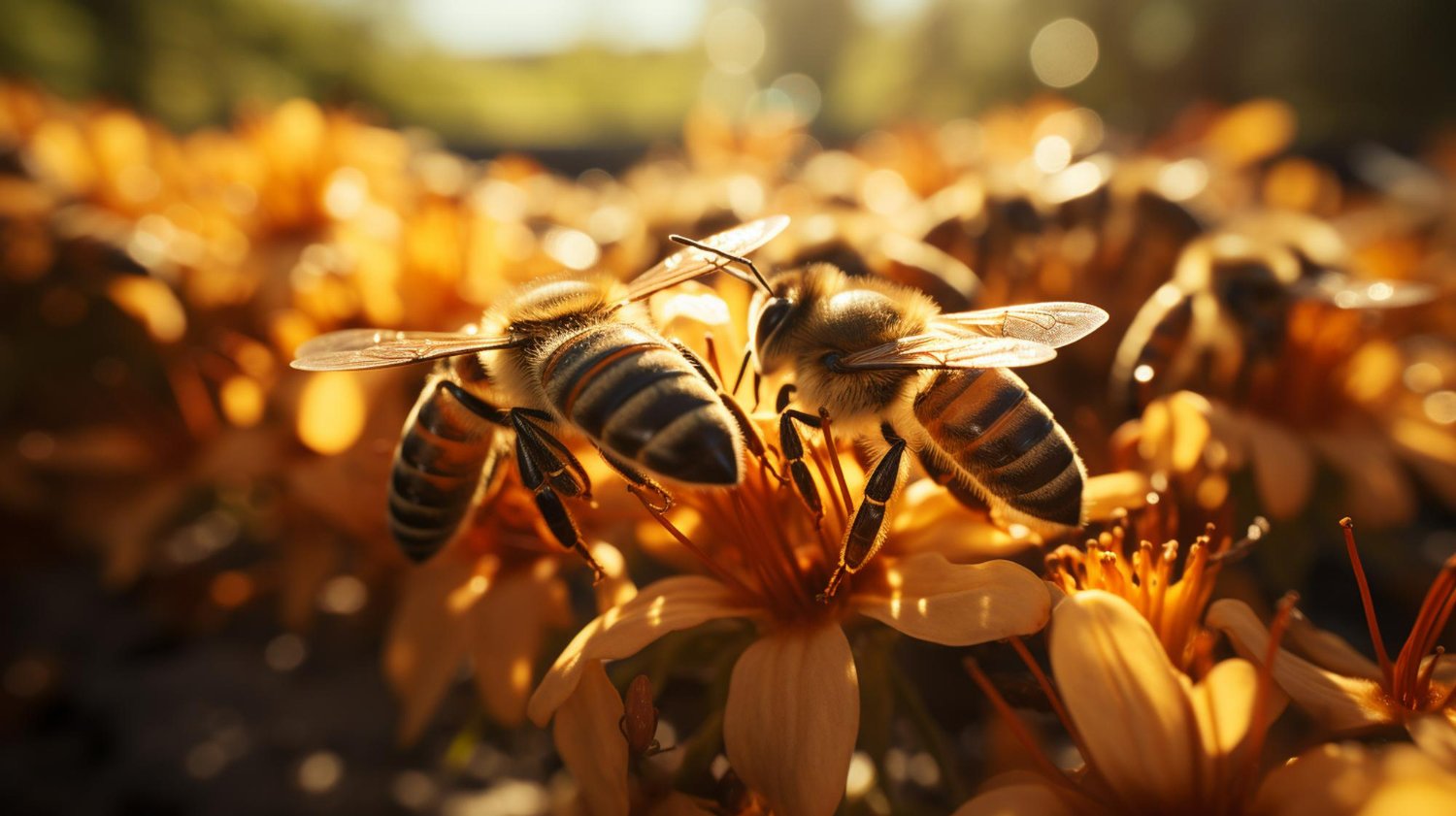Why Leaves Matter to Bees: The Unsung Heroes of the Autumn Landscape
Dena Kennedy
As autumn unfolds, one of the season’s most defining features is the transformation of green foliage into a kaleidoscope of yellows, oranges, and reds. Soon, these colorful leaves find their way to the ground, often considered mere clutter to be swept away. However, what if we told you that these fallen leaves serve a critical role for bees and other insects?
An Unexpected Sanctuary
Contrary to popular belief, not all bees are hive-dwellers. Solitary bees—like leafcutter bees and mason bees—often take up residence in decaying wood or unoccupied spaces in the ground. Fallen leaves provide an ideal habitat for these bee species, offering them shelter, warmth, and a place to lay their eggs.
Insulation from the Cold
As winter approaches, temperatures begin to drop, making survival increasingly difficult for many small insects, including bees. A thick layer of leaves can act as natural insulation, keeping the ground warmer and more hospitable.
Boosting Soil Health
Leaves are packed with essential nutrients that can enrich the soil. As they decompose, they feed earthworms and other organisms, leading to soil that's more fertile and better drained. In turn, healthier soil promotes stronger plants, which means more flowers and, consequently, more food sources for bees.
A Habitat for Prey
Fallen leaves also attract a variety of smaller insects, which can serve as a food source for predatory insects that benefit garden ecosystems. This balanced food chain helps maintain a healthier and more robust environment, indirectly benefiting the bees.
How You Can Help
Instead of viewing fallen leaves as a nuisance to be cleared away, consider leaving a small pile in a corner of your yard. If that's not feasible, think about creating a compost pile, allowing the leaves to break down naturally.
So, this autumn, as you walk through carpets of fallen leaves, remember that these humble cast-offs from trees are far from useless. They’re miniature sanctuaries, insulators, and soil enhancers, quietly contributing to a healthier world for bees and, by extension, for us all.
Here's to appreciating the subtler intricacies of nature this season. Happy Autumn.


